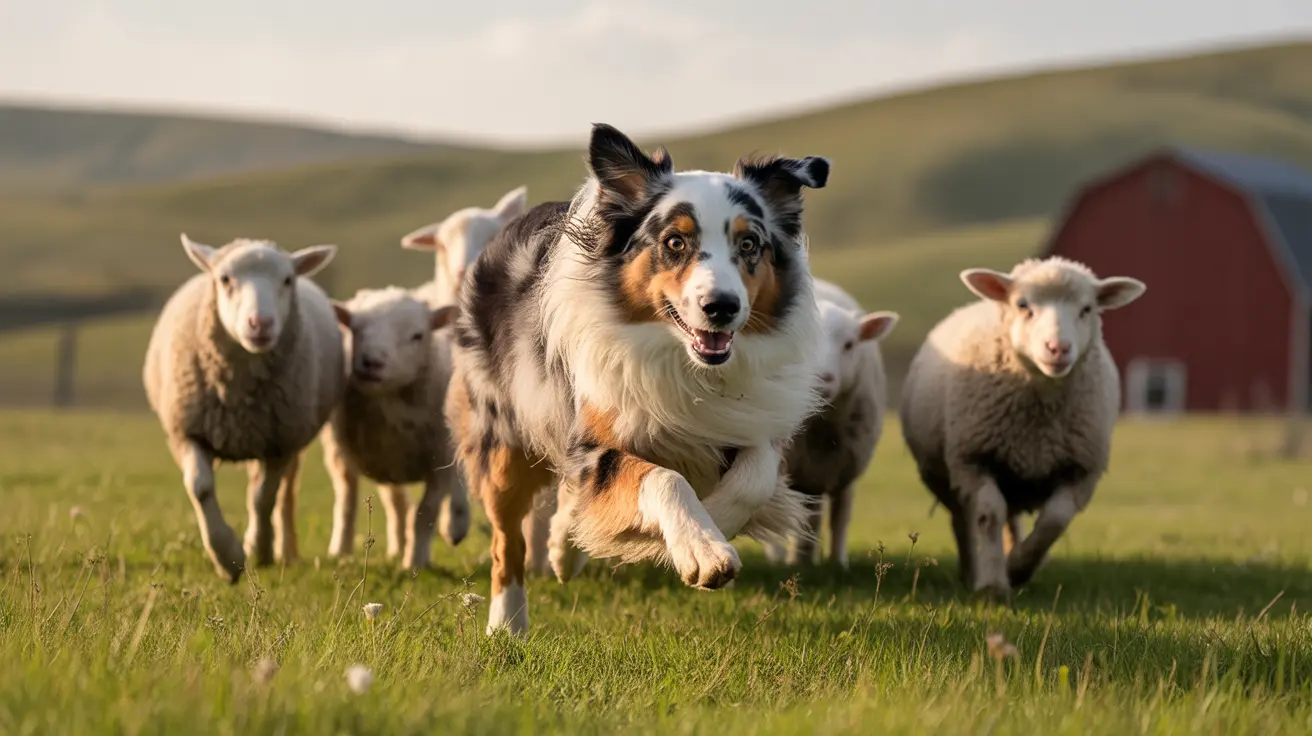Shetland Sheepdogs, affectionately known as Shelties, are beloved for their intelligence, loyalty, and striking resemblance to their larger Collie cousins. Understanding their life expectancy and how to maximize it is crucial for any current or prospective Sheltie owner.
These remarkable herding dogs typically enjoy a lifespan of 12 to 14 years, with some living well into their late teens when provided with optimal care. Let's explore everything you need to know about ensuring your Sheltie lives a long, healthy, and fulfilling life.
Understanding Sheltie Lifespan Basics
Shelties are considered a relatively long-lived breed among medium-sized dogs. Their natural hardiness, inherited from their Scottish ancestors, contributes to their impressive life expectancy. These intelligent dogs typically maintain their mental acuity and physical capabilities well into their senior years.
Several key factors influence how long your Sheltie might live, including genetics, diet, exercise, and preventative healthcare. Understanding these elements is crucial for maximizing your dog's lifespan.
Genetic Factors Affecting Sheltie Longevity
The genetic makeup of your Sheltie plays a significant role in determining their potential lifespan. Responsible breeding practices that screen for common hereditary conditions can significantly impact a Sheltie's life expectancy.
Key genetic health concerns include:
- Collie Eye Anomaly (CEA)
- Hip dysplasia
- Dermatomyositis
- Von Willebrand's disease
Essential Health Care for a Longer Life
Regular veterinary care is crucial for extending your Sheltie's lifespan. Preventative measures should include:
- Annual health check-ups
- Regular dental cleanings
- Updated vaccinations
- Parasite prevention
- Early screening for breed-specific conditions
Nutrition and Weight Management
Proper nutrition is fundamental to your Sheltie's longevity. These active dogs require a balanced diet rich in high-quality proteins, healthy fats, and essential nutrients. Maintaining a healthy weight is particularly important, as obesity can significantly reduce their lifespan.
Feed your Sheltie age-appropriate portions of premium dog food, and avoid overfeeding. Treats should make up no more than 10% of their daily caloric intake.
Exercise and Mental Stimulation Requirements
Shelties are naturally active and intelligent dogs that require both physical exercise and mental stimulation to thrive. Daily activities should include:
- 30-60 minutes of active exercise
- Training sessions
- Interactive play
- Mental enrichment activities
- Agility or herding activities when possible
Environmental Factors and Living Conditions
Creating an optimal living environment helps ensure your Sheltie's longevity. These dogs adapt well to various living situations but need:
- Protection from extreme temperatures
- A safe, secure exercise area
- Regular grooming to maintain their double coat
- A stress-free environment
- Adequate social interaction
Frequently Asked Questions
What is the average lifespan of a Shetland Sheepdog, and how can I help extend it?
Shetland Sheepdogs typically live 12-14 years. You can help extend their lifespan through regular veterinary care, proper nutrition, adequate exercise, and maintaining a healthy weight. Early detection and treatment of health issues also significantly impact longevity.
How does genetics affect the life expectancy of Shelties, and what should I look for in a reputable breeder?
Genetics plays a crucial role in Sheltie longevity. Look for breeders who perform health screenings for common genetic conditions like CEA, hip dysplasia, and von Willebrand's disease. Request to see health clearances for both parent dogs and ask about the lifespan of previous generations.
What are the most common health issues in Shelties, and how can I prevent them?
Common health issues include eye problems, hip dysplasia, and skin conditions. Prevention involves regular vet check-ups, maintaining a healthy weight, providing proper nutrition, and watching for early signs of these conditions.
How important is diet in maintaining a healthy Sheltie, and what nutritional needs should I prioritize?
Diet is crucial for Sheltie health. Prioritize high-quality protein sources, appropriate fat content, and essential nutrients. Feed age-appropriate portions and avoid excessive treats. Consider supplements only under veterinary guidance.
What are the best exercise and mental stimulation practices to ensure a long and healthy life for my Sheltie?
Provide daily physical exercise through walks, play sessions, or agility training. Include mental stimulation through training exercises, puzzle toys, and interactive games. Balance activity levels based on your Sheltie's age and health status.
Conclusion
With proper care, attention, and preventative health measures, your Sheltie can enjoy a long, healthy life well into their teens. Focus on providing excellent nutrition, regular exercise, preventative healthcare, and plenty of love and attention to help your Shetland Sheepdog reach their full life expectancy potential.






